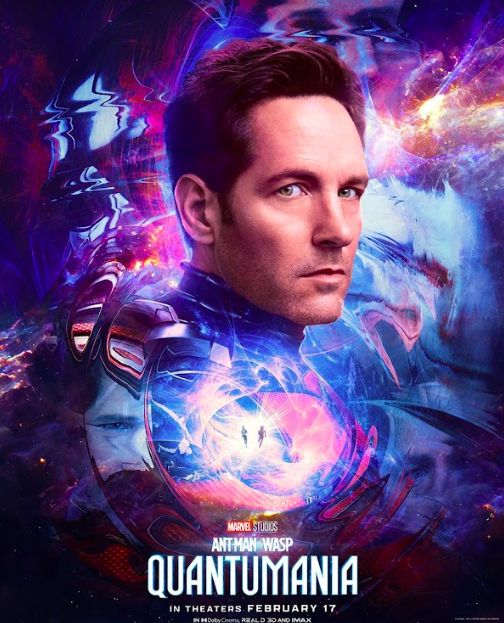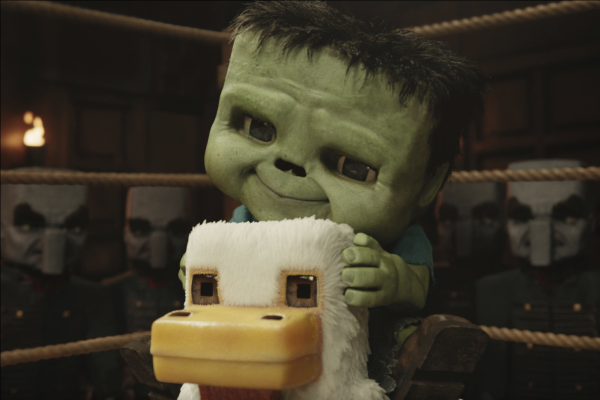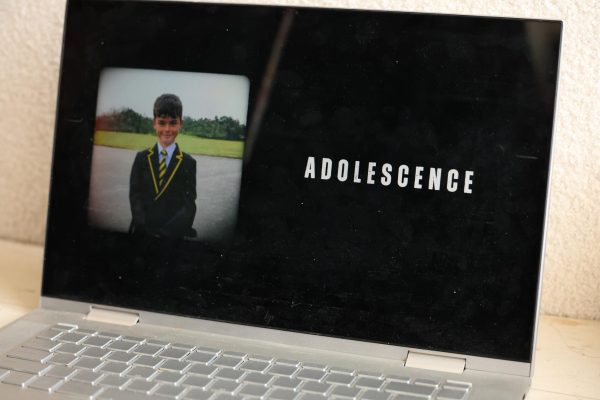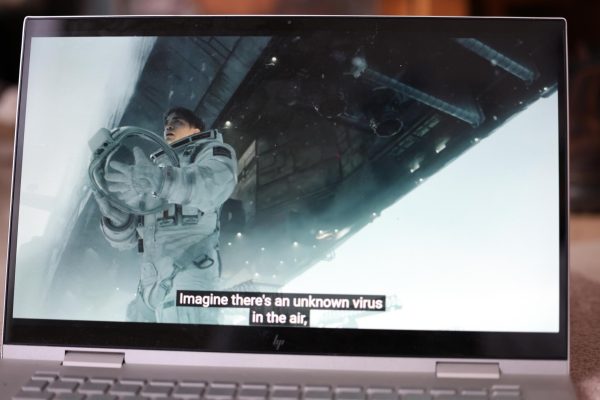“Quantumania” is a Blunder of Massive Proportions
The latest in Marvel Studios’ series of laughable cinematic blunders, “Ant-Man and the Wasp: Quantumania” may be the nail in the coffin for those wondering if the past three to four years of missteps from the entertainment giant are flukes or the beginning of the end for a franchise 15 years in the making.
In case I didn’t already make it clear, the film is not good at nearly every structural or formal level. As a film intended to be a spectacle showcase that continues to tease the future of the Marvel universe (as each one of these films’ has purported to be, each one with decreasing enthusiasm), “Quantumania” failed to show me anything new or surprise me with anything to jolt me with excitement for their upcoming slate of films.
One of the primary selling points of the film was the full introduction of the Quantum Realm, a subatomic dimension that can be reached by shrinking down (as Ant-Man and his crew do) to a miniscule size. In the source comic books, the Quantum Realm opens a vast corner of the literature to tell brand new stories and give artists and illustrators the opportunity to craft an entire new dimension completely separate from our dimension. The film, however, decides to do away with the visually striking Jack Kirby-inspired comic depictions of this dimension and replace it with drab and dull landscapes that are largely occupied by floating rocks and random spurts of bright yellow and blue lights against indistinguishable amorphous swaths of purple and brown.
The inhabitants of the respective Quantum Realm suffer the opposite problem: they are visually striking but lacking in character. There are two new Quantum characters, played by William Jackson Harper and Katy O’Brian, that feel as though they could be interesting in their own individual stories but serve very little purpose in this film beyond having some importance in a secondary thematic arc.
The film’s script is also fundamentally lackluster. Written by Jeff Loveness, it isn’t difficult to see him bring experiences and style as a “Rick and Morty” writer to the story structure and characters of “Quantumania.” If you’ve seen any episode of the Adult Swim show where the characters are placed into an alien planet (as many are), then you’re going to be familiar with the basic story structure and beats at play in this film from beginning to end.
“Quantumania,” along with its predecessors, claim to be directed by Peyton Reed, but if you were to ask me what stylistic features or traits could be identified in Reed’s directorial style, I (who has seen all three of his Ant-Man films) would not be able to give you an answer.
Unfortunately, the utter lack of inspiration in the film’s direction also carries over into the performances given by the actors. As the film’s star, Paul Rudd provides his signature charm over lines of dialogue that sound as though they were auto-generated and, doing his best, provides minimal new dimensions to the character. If you’re familiar with the character of Scott Lang/Ant-Man from his previous appearances, chances are that you’ll walk out of this film feeling as though you’ve learned little new information about him. The only real depth added to the character is in his interactions with his daughter Cassie, who has been aged up since the last film thanks to the shenanigans of previous Avengers films (as an aside: the aftermath of the last Avengers film has always felt interesting, but only on the periphery as the fallout gets pushed to the side). Scott’s healthy-yet-regretful relationship with his daughter is only interesting for the first act of the film before, like most interesting parts of these films, it gets inevitably sidelined in favor of pushing the main plot forward.
Perhaps the primary selling point (and I may be doing it an injustice by waiting until now to reference it) is the introduction of Kang the Conqueror, a multidimensional, time-traveling villain of Marvel comics, whose appearance in this film serves as the first of many as the franchise’s next major villain. As a character, he’s fine. He brings the same levity and peril that the last major villain, Thanos, did, but the real sticking point is the performance from actor Jonathan Majors, who seems to be doing the best he can in saving the film from being a total disappointment. Majors injects Kang with a sincerity and seriousness that’s a refreshing change of pace from a cast of characters who are all trying to be the primary comic relief. While I don’t doubt the acting ability of Majors, who I’ve thoroughly enjoyed in past projects like “Lovecraft Country,” I’m still unsure whether Kang is a good character in his own right or just in comparison to the rest of the characters in the film.
There isn’t much to say about the performances of the rest of the actors, though it’s always nice to see Michael Douglas and Michelle Pfeiffer on screen regardless of the film.
The middling-performance of “Quantumania” is just one of the recent examples of news to come out of Disney and Marvel Studios that seems to suggest that the company’s system of storytelling has become unsustainable. On Feb. 16, the same day as the worldwide release of “Quantumania,” the Hollywood Reporter published an article in which Marvel Studios executives revealed that the company would be slowing down production of its upcoming television shows, moving from its original plan of releasing a whopping five shows this year to just two: “Loki” season two and “Secret Invasion.”
I say this without the intent to offend die-hard Marvel fans, but the only real compelling reason to take the time and pay money to see “Ant-Man and the Wasp: Quantumania” is if you’ve decided to continue engaging in the sunk-cost fallacy of having already sat through 30 films and 8-19 television shows (depending on where you draw the line between Marvel Television and Marvel Studios productions).

Sebastian Diaz is a senior from Chapel Hill, N. C. who is double majoring in journalism and film. After starting as a news reporter for The Fordham Ram...













































































































































































































